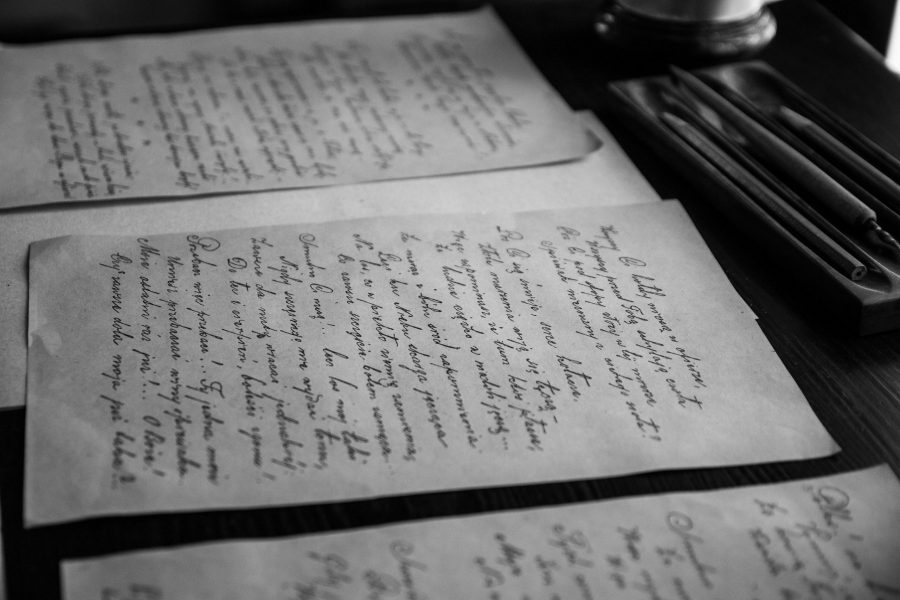In an earlier article, I discussed Cromwell’s speeches during his years as Lord Protector (1653-58). His private letters during this period show many similar characteristics, and especially the same religiosity and intensity. Also very striking was the considerable variety of tone: much depended on the contexts and the recipients of the different letters. A few examples will illustrate something of the diversity that is found among the 150 or so of his personal letters that survive from these years. These are now widely scattered: Cromwell kept no record of out-going correspondence unless it was in his capacity as Head of State, with the result that his letters have ended up in many different archives depending on where, and whether, their recipients preserved them.
In some of his letters, Cromwell could still adopt the tone of the military commander, especially when he found himself faced with a Royalist rebellion, as in March 1655, when John Penruddock attempted an insurrection in Wiltshire. Cromwell’s response was brisk and decisive. For instance, he wrote to the Mayor of Sandwich, on the Kent coast, warning of the ‘late insurrections and rebellions which have been raised in several parts of the nation by some vile and lewd persons of the old Cavalier party’. Through ‘the goodness and blessing of God’ the Royalist rebels had been ‘in a great measure dispersed, and put to flight’.
A few days later he wrote to the militia commissioners in several counties giving thanks for ‘the good hand of God going along with us in defeating the late rebellious insurrection’, and praising ‘the readiness of the honest people to appear’. Cromwell often used that word ‘honest’ as a synonym for godly or righteous. He now urged that ‘diligent watches be kept’ for ‘taking a strict account of all strangers, especially near the coast’. Some of Cromwell’s letters take on the urgent tone of military despatches.

























